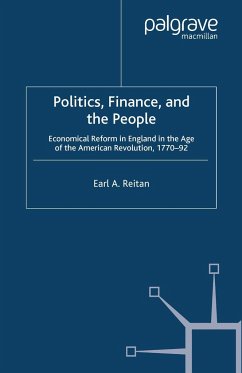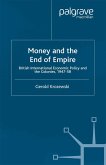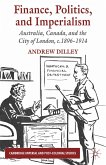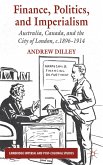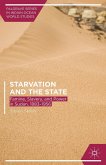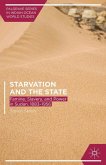'Reitan writes with great clarity and makes accessible to students as well as teachers a potentially obscure and dry subject. He rightly identifies it as central to the political debates of the time, which involved not just the high political elite, but also parts of the wider public. As a sharply focused, well-researched, and thoughtful account of a key period of economical reform, this book can be commended to a wide readership.' - Stephen Conway, American Historical Review
'Reitan's analysis is cogent and his mastery of the sources enviable. Future historians will be in his debt. This book is well furnished with all appropriate scholarly apparatus, including a most useful bibliography, and the author places it firmly in the context of other relevant historical writing from the late seventeenth century to the Victorian era. It deserves to be in the library of every student of the period.' - Roger Hainsworth, H-Albion
'For those concerned with the working of Commons' committees and the control of public expenditure, this is a valuable reference tool.' Valerie Cromwell, Parliaments, Estates and Representation
'Reitan's analysis is cogent and his mastery of the sources enviable. Future historians will be in his debt. This book is well furnished with all appropriate scholarly apparatus, including a most useful bibliography, and the author places it firmly in the context of other relevant historical writing from the late seventeenth century to the Victorian era. It deserves to be in the library of every student of the period.' - Roger Hainsworth, H-Albion
'For those concerned with the working of Commons' committees and the control of public expenditure, this is a valuable reference tool.' Valerie Cromwell, Parliaments, Estates and Representation

